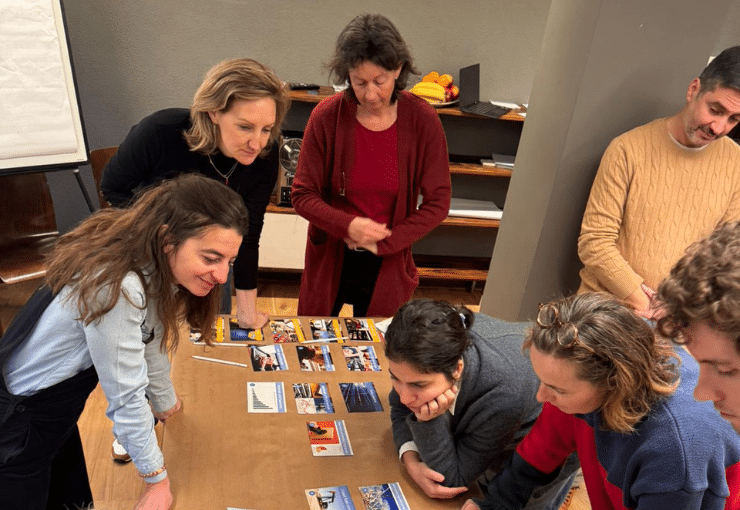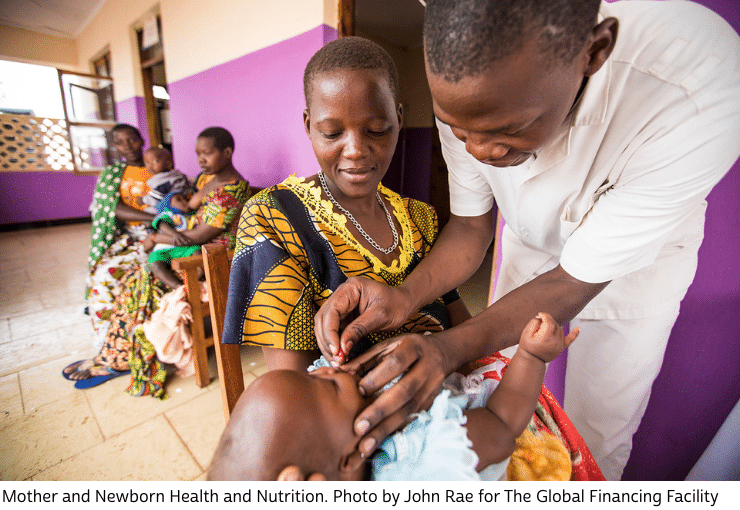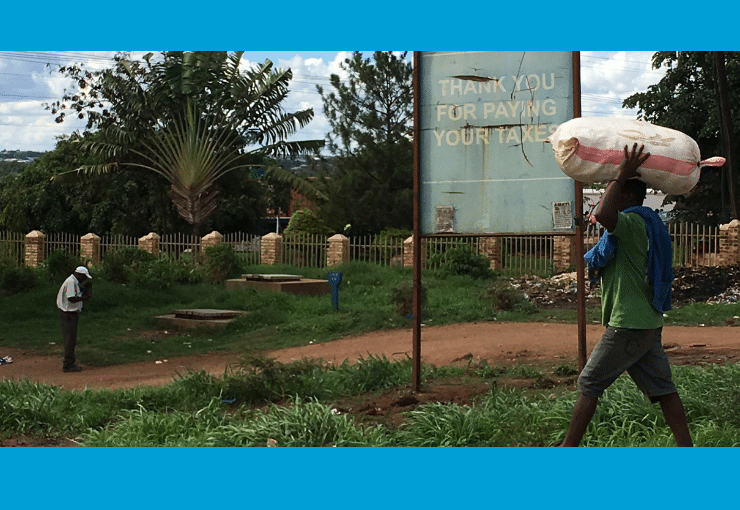A new report by Wemos shows that a lack of resources and political support and unwillingness of pharmaceutical companies caused the limited success of the Covid-19 Technology Access Pool (C-TAP) of the World Health Organization (WHO). This mechanism for global pooling of intellectual property (IP), knowledge and data for the production of medical products, could have had a big impact in curbing the pandemic, but so far it has received insufficient support from governments, pharmaceutical companies and the WHO itself. To curb Covid-19 and future pandemics, such a mechanism requires greater commitment and decisiveness.
Not yet reached its potential
In May 2020, WHO set up C-TAP to increase global access to key medical countermeasures against Covid-19, such as vaccines. Through this mechanism, pharmaceutical institutions can share their Covid-19 related IP, knowledge and data, enabling manufacturers around the world to produce the medical products in question and make them accessible. This would also increase self-reliance of low- and middle-income countries. However, C-TAP has not reached its full potential as only two public research institutes and not a single private pharmaceutical company have shared their knowledge.
Neglected for too long
Wemos conducted research to the functioning of C-TAP and its lessons learned for the future. It is based on document review and interviews with representatives of the WHO, funders of C-TAP, civil society organisations and private pharmaceutical companies. “Pooling of IP, knowledge and data is a groundbreaking way to make life-saving products accessible to everyone, everywhere,” says Ella Weggen, global health expert at Wemos. “Nevertheless, policymakers, but also media, neglected C-TAP for too long. This mistake cannot be repeated in future pandemics. A global crisis is not the time to maintain the status quo of pharmaceutical monopolies.”
Lack of resources and power
Although the establishment of C-TAP was supported by 44 WHO Member States, few countries have actively engaged in making it a success. Only Unitaid and the governments of Spain and Belgium have provided financial support. The research shows that few countries made efforts to convince public research institutes and private pharmaceutical companies to contribute to C-TAP. Policymakers and media showed more interest in COVAX, a global initiative to donate vaccines to low- and middle-income countries, maintaining their dependency on high-income countries. Due to the insufficient financing and political support, C-TAP suffered from a lack of resources and power from the start.
Concrete steps for pandemic prevention, preparedness and response
To reach the full potential of global pooling of IP, knowledge and data, the WHO, the European Union and national governments can take concrete steps. As substantiated in the report, they should sufficiently fund and resource C-TAP and its future equivalent for pandemic prevention, preparedness and response as part of the Pandemic Accord. Moreover, the report recommends governments to create incentives for pharmaceutical institutes and companies to share IP, knowledge and data. Lastly, governments should attach conditions to their public investments in medical innovations to ensure access for all.
Read and download the research report.
Photo by: Mike Mareen / Getty Images




